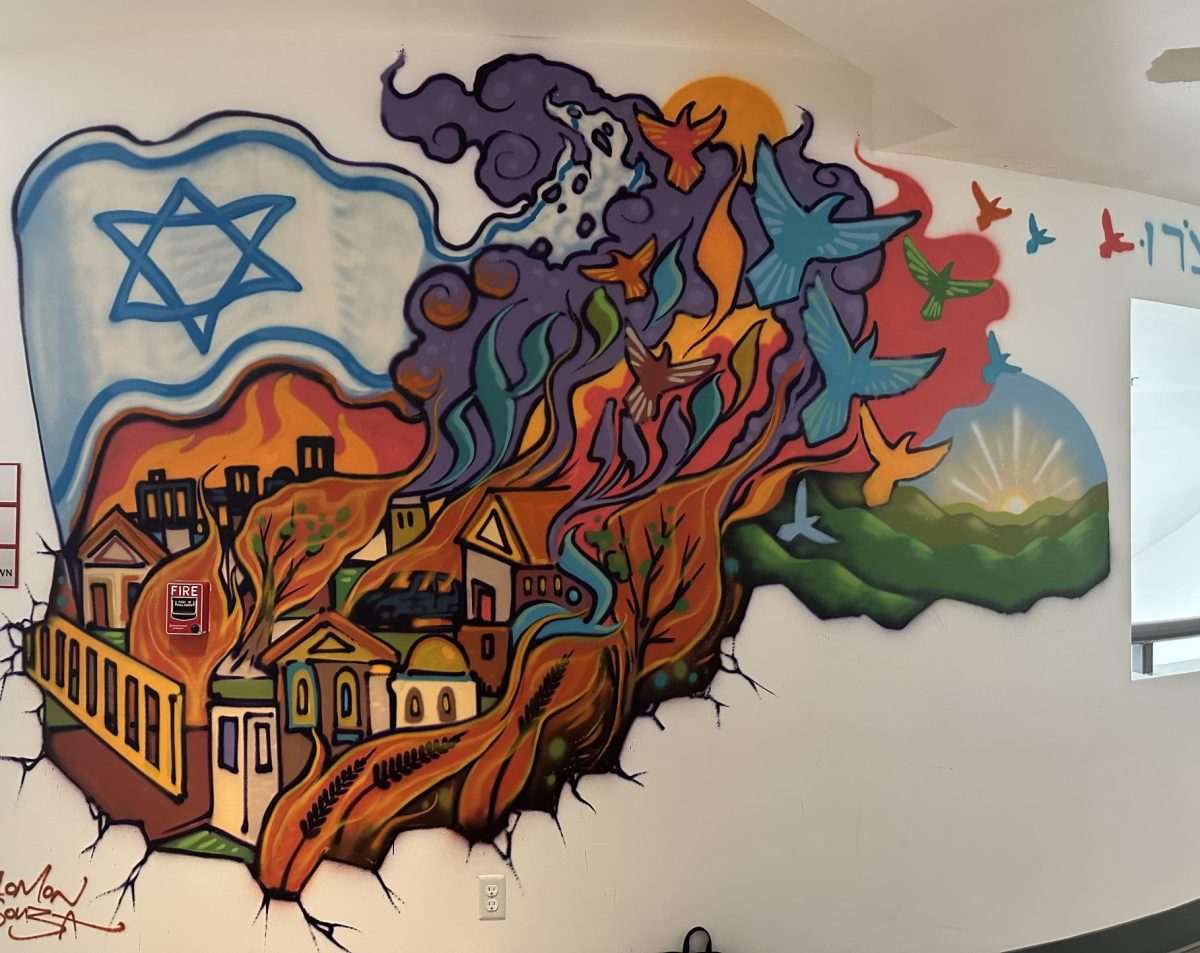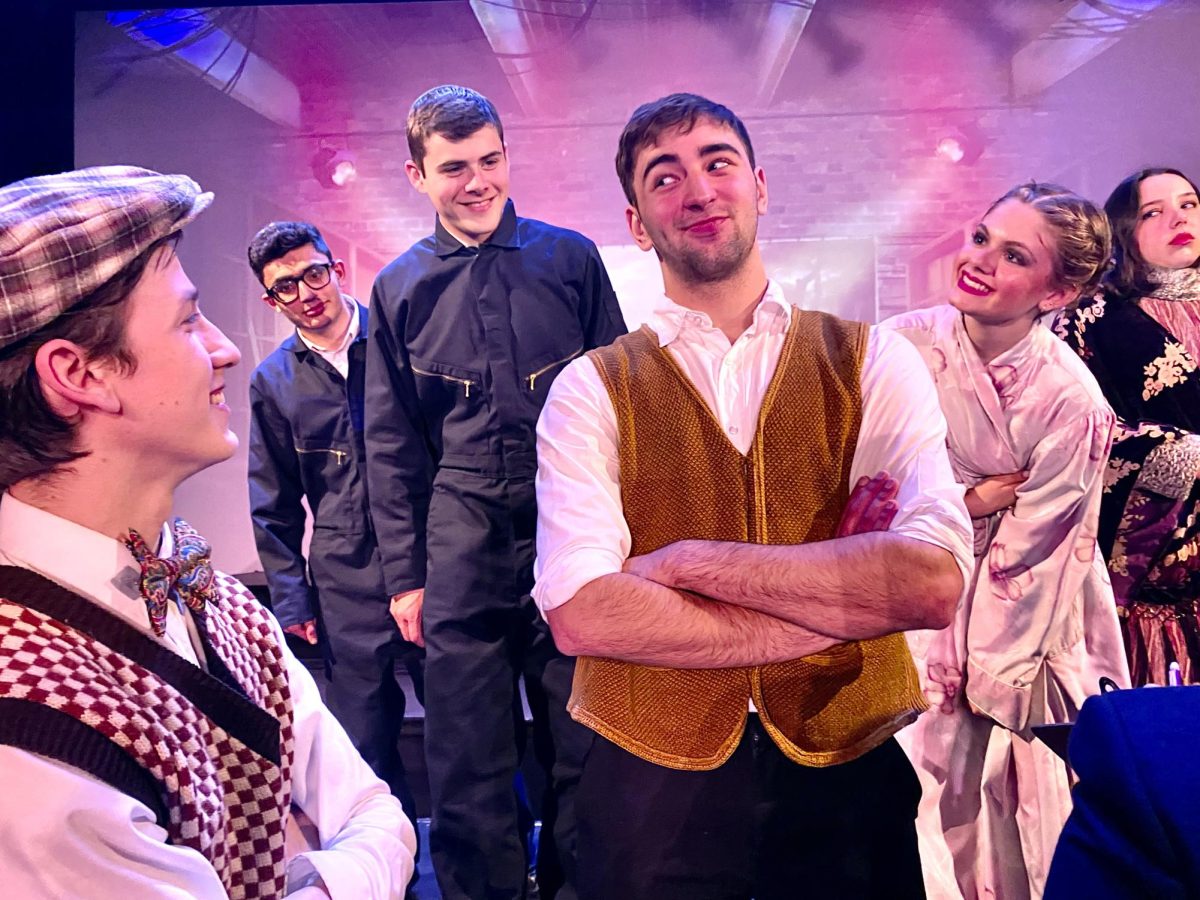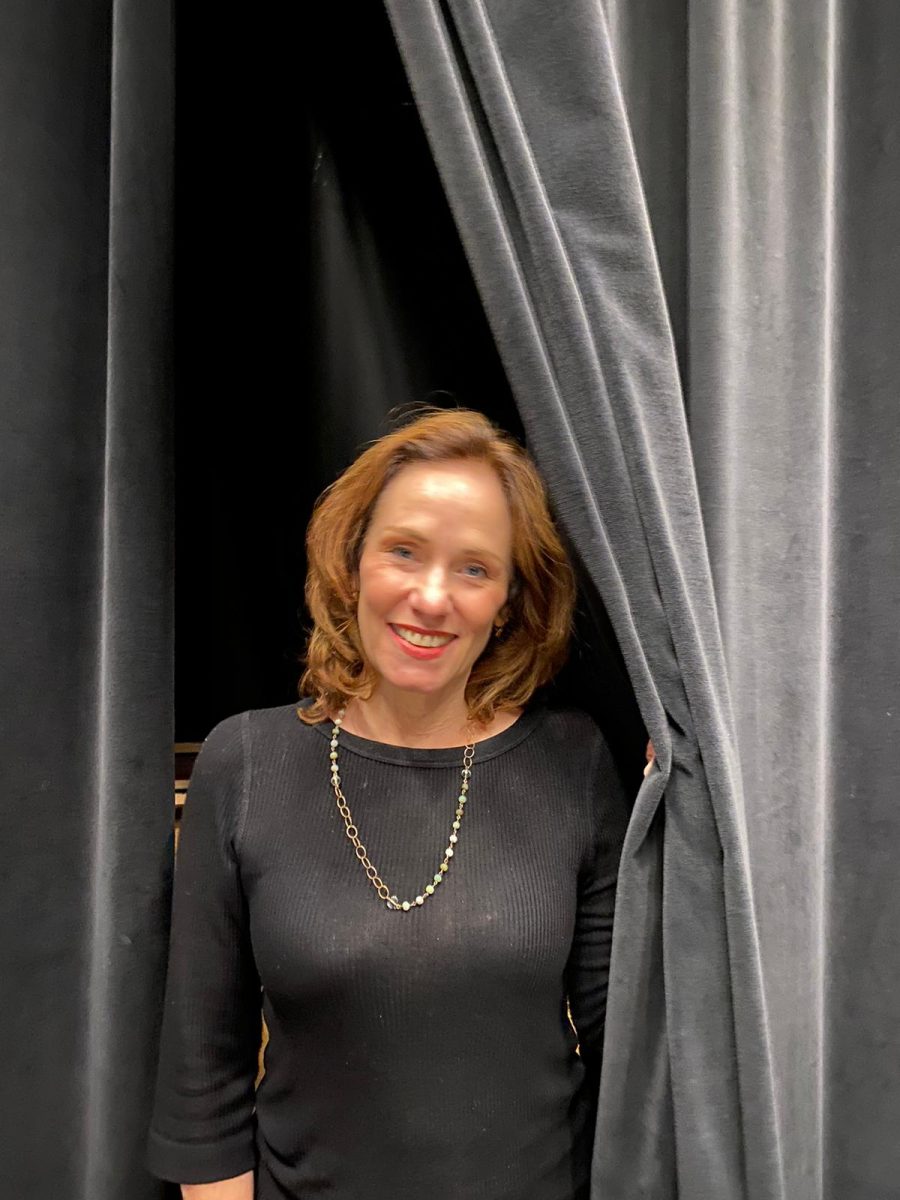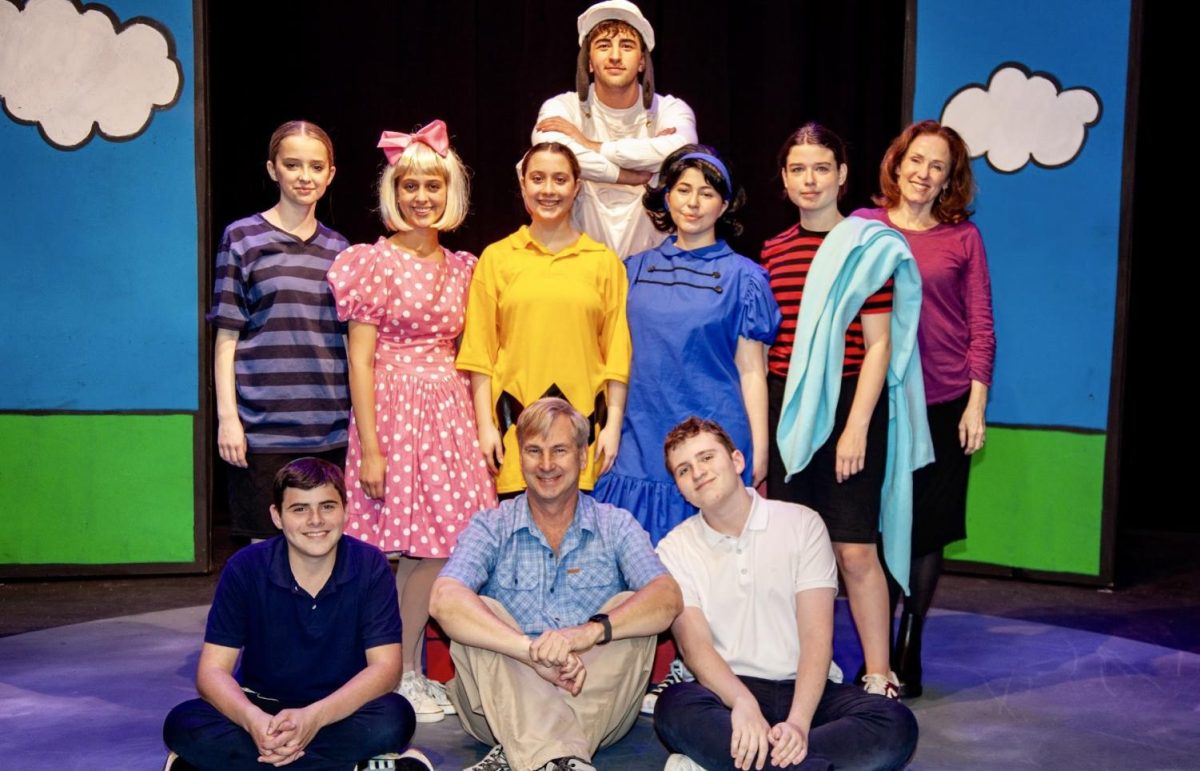When I think of Jewish music, I think of Uncle Moishy, or the niggunim my family sings at the Shabbat table. But there’s a new category that I think makes the cut: reggae music by a bonafide reggae musician who happens to be Jewish.
Elan Atais, a Jewish reggae singer born and raised in Los Angeles, blends the spiritual and ethical teachings of Judaism with the reggae and R&B beats Shalhevet students are constantly blasting in their cars or playing on their iPods.
Going by the stage name “Elan,” Mr. Atais sang with Bob Marley’s band, the Wailers, after Marley’s death. When he sings, it comes out in a Jamaican-sounding voice that’s full of soul.
“The singing just came from my heart,” said Elan in an interview with The Boiling Point. “I wasn’t trying to put on the accent or anything — that’s just the way it comes out when I’m singing.
“Maybe because I speak Hebrew, or because I speak Spanish. But if I go down to Jamaica I can speak like a local.”
Elan attends congregation Magen David of Beverly Hills, which is led by former Shalhevet Judaic studies teacher Rabbi Chaim Ovadia.
On a Shabbat afternoon, you might find Elan playing basketball at his father’s house with Shalhevet and YULA students, dressed in red, green, and yellow — the colors of the Jamaican flag, and also associated with Bob Marley and reggae music.
Jamaica, Marley’s homeland, has been populated by Africans since the times of the slave trade, and its culture has been highly influenced by Rasta, a monotheistic religious movement that relies heavily on both the Tanach and the New Testament. Also known as the Rastafari movement, its followers believe Africans to be descendants of ancient Israelites. In fact, one of the branches of Rasta call themselves The 12 Tribes of Israel.
Marley and many other Reggae artists – among them, Dennis Brown, Freddie McGregor and Mikey Dread — support this belief in their songs. This could explain the many biblical references, especially from Psalms, in Bob Marley’s and other reggae songs.
“Bob Marley wrote with a bible in his hand,” says Elan. “Especially from the psalms of David, so you hear that in the lyrics.”
But I love Elan’s music because he mixes reggae, alternative, and hip-hop, the three most played genres on my iPod. And he does it well. His CD Together As One makes you want to dance, relax in the sunshine, and stand up to change the world, all at different moments.
More than that, I’m not embarrassed blasting his music with my windows down, and I’m perfectly fine with my 9-year-old brother, Albert, hearing and singing it, too. Other popular music has language or content that I don’t want my baby bro singing in school.
While Elan incorporates much of Marley’s relaxed reggae rhythm in his music, some of his own songs from his album show more diversity.
His song “I Wanna Yell” displays political concerns about slums around the world, while maintaining the Jewish value of protesting injustice. Another song, “Girl,” focuses on love and has a more hip-hop vibe, despite strong
reggae influences.
He has had mainstream success with the song “Dreams Come True,” and a cover of Roxy Music’s “Slave to Love,” which, according to MTV.com, were featured in the soundtracks to the movies Sex and the City and 50 First Dates, respectively.
Elan said he attends Magen David on holidays and several other weekends throughout the year. Knowing his son will learn English just from living in America, Elan only speaks to him only in Hebrew.
“I used to sing in shul all the time,” he said. “I never thought I’d be a professional singer. I never took any voice lessons, I’ve never learned how to sing.”
For kids in the community trying to get into the buisness, Elan has some words of wisdom.
“The best advice I could give is just to do it from your heart and soul, and never give up,” Elan said. “Just know that you can’t take no for an answer.”






